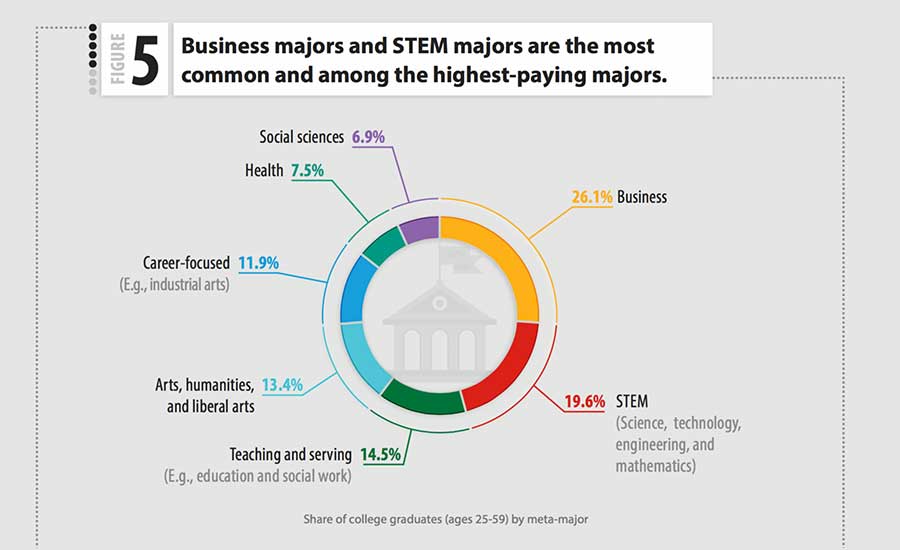
Kirkeboen, Edwin Leuven, and Magne Mogstad examined data from Norway, and their research offers further evidence against choosing or changing your major based on small differences in average-wage-by-major statistics.

A fascinating 2016 Quarterly Journal of Economics article (“ Field of Study, Earnings, and Self-Selection”), however, clouds this picture. If that explains the wage difference, then switching from history into earth system science may have no effect on earnings success.ĭespite these caveats, parents of an intended UC-Irvine history major might still want to push their child to study the sciences because of the field’s higher average postgraduate earnings. Prohibiting low-GPA students from earning a major would also tend to raise the average wage of the major’s graduates in any degree, even in a field like history. One reason that Irvine’s earth system science majors earn high wages might just be that the students who are permitted to earn the major have pre-existing skills advantages that would have lifted their wages regardless of their choice of major. But GPA-based major restrictions also make it challenging to learn about majors’ economic value just by looking at the average wages of their graduates. My research has shown that at public R1 universities, about 50 percent of all majors (weighted by number of students) - and 75 percent of high-wage majors like engineering and economics - impose major-restriction policies, which tend to disproportionately exclude lower-income and otherwise-disadvantaged students from those fields. GPA-based major restrictions are widely prevalent across the U.S., and prospective college students should pay close attention to them when deciding which college to attend. Students with poor high-school science training may find it difficult to qualify for scientific majors. Irvine’s policies put up stricter barriers to majoring in the sciences than they do in the humanities: Only students with a GPA of 2.5 or better in Irvine courses that count toward the major are permitted to declare an earth system science major, whereas a GPA of 2.0 in humanities courses is good enough to declare the history major. One likely possibility is that the students who choose to study earth system science at UC-Irvine have academic preparation - particularly in math and quantitative reasoning - that exceeded their history-major peers even before they choose the major. But there are many other explanations for its lower average wages. Maybe history is a relatively “low-financial-value postsecondary program,” to use the federal government’s phrasing for programs that don’t serve their students well.

Consider that $1,500 average wage difference between graduates of history and of earth system science at UC-Irvine. They also had to figure out how important it was to attend a slightly higher-ranked university ( not very, in terms of future earnings), and whether they would have to pay colleges’ astronomical posted tuition prices to attend those schools ( probably not).īut average-wage-by-major statistics are especially difficult to interpret. For students, this is only the latest consideration among a sea of decisions around their college education.


 0 kommentar(er)
0 kommentar(er)
